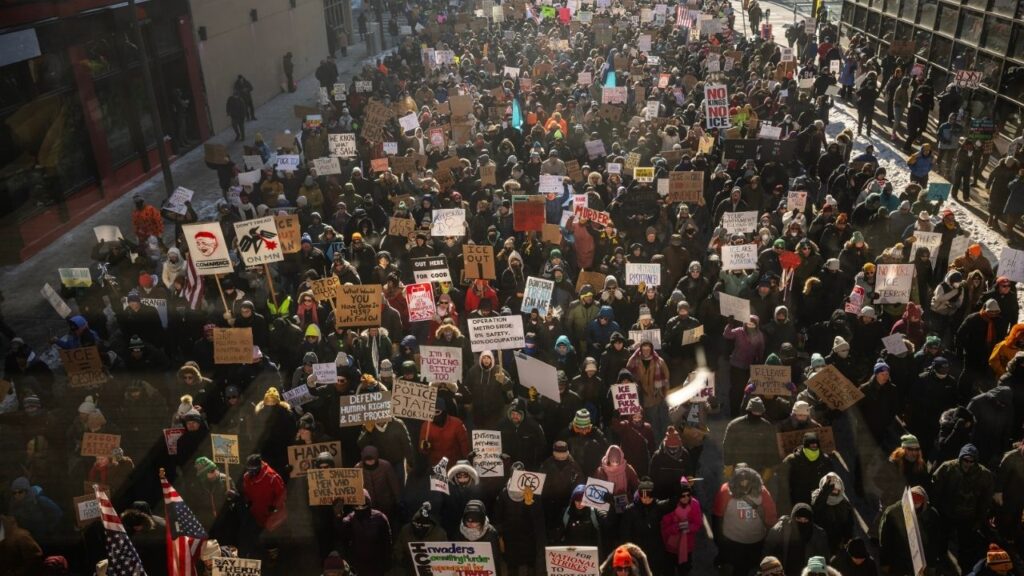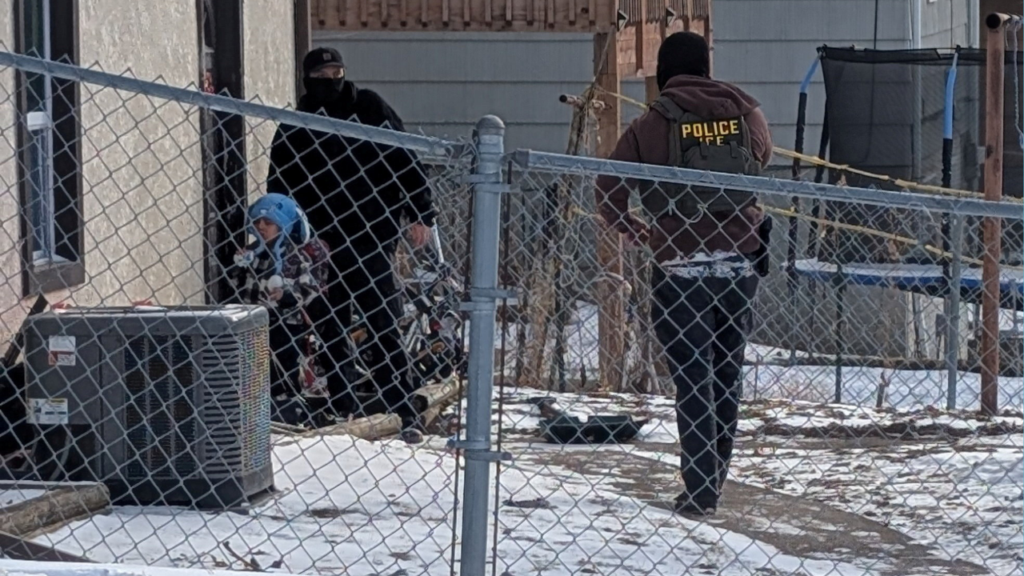Share
Two young men drive up to a small corner grocery store in an inner city neighborhood and the driver remains at the wheel while his masked partner runs into the store, gun in hand, to commit a robbery.

Opinion
Dan Walters
CALmatters Commentary
Days later, thanks to an informant, police locate the two robbers, but each points to the other as the gunman and there’s no evidence to prove it either way. What happens?
For decades, both could be prosecuted under the “felony murder” law. If someone participated in a felony that resulted in a death, he or she was as guilty of homicide as the person who actually stabbed, shot, strangled or beat the victim.
California and most other states embraced the principle of equal guilt, lifted from English common law.
But no more – perhaps.
Last year, as one of a long string of recent “criminal justice reform” decrees, the Legislature passed and Gov. Jerry Brown signed Senate Bill 1437, which virtually eliminates California’s felony murder law – virtually because it could still be used on someone who displayed “reckless indifference to human life,” or if the homicide victim is a law enforcement officer.
Going Easy on Dangerous Criminals
The latter exception was inserted into the bill as a sop to law enforcement officials and prosecutors who strenuously opposed the measure.
The rationale for repealing felony murder, offered by the bill’s author, Sen. Nancy Skinner, a Berkeley Democrat, and criminal justice reform groups is that it unfairly penalized criminal accomplices, many of them women, who didn’t intend that anyone die.
Among other things, it allows several hundred prison inmates convicted under the law to petition for reduction of sentences.
Prosecutors and police not only opposed the measure on its underlying rationale, saying it would go too easy on dangerous criminals, but also because the threat of felony murder prosecution has been a valuable tool to persuade those involved in fatal felonies to turn on their accomplices.
In the hypothetical case cited above, the holdup’s getaway driver, facing a felony murder charge, might be willing to provide police with evidence, such as the gun, to convict the shooter in return for leniency.
While the Legislature and Brown have virtually repealed felony murder, they don’t get the last word.
Several courts have upheld the law’s validity, but this month, an Orange County Superior Court judge, Gregg Prickett, allowed a felony murder case against an accomplice in a 2016 homicide to proceed, declaring that SB 1437 is unconstitutional.
Issue Headed to State Supreme Court
Prickett, who was an Orange County prosecutor before being appointed to the bench in 1995, ruled that California voters locked felony murder into law while passing ballot measures in 1978 and 1990, so it would require another action by voters to repeal it.
The declaration drew scorn from Skinner and other supporters of the new law.
“As the author of SB 1437, which reformed California’s unfair felony murder rule, I look forward to the state appellate court overturning this wrong-headed decision by an Orange County judge. Other courts around the state have already held that this much-needed reform is constitutional. I’m confident that SB 1437 will ultimately be upheld,” Skinner said in a statement.
The issue is obviously headed to the state Supreme Court.
CALmatters is a public interest journalism venture committed to explaining how California’s state Capitol works and why it matters. For more stories by Dan Walters, go to calmatters.org/commentary.



















